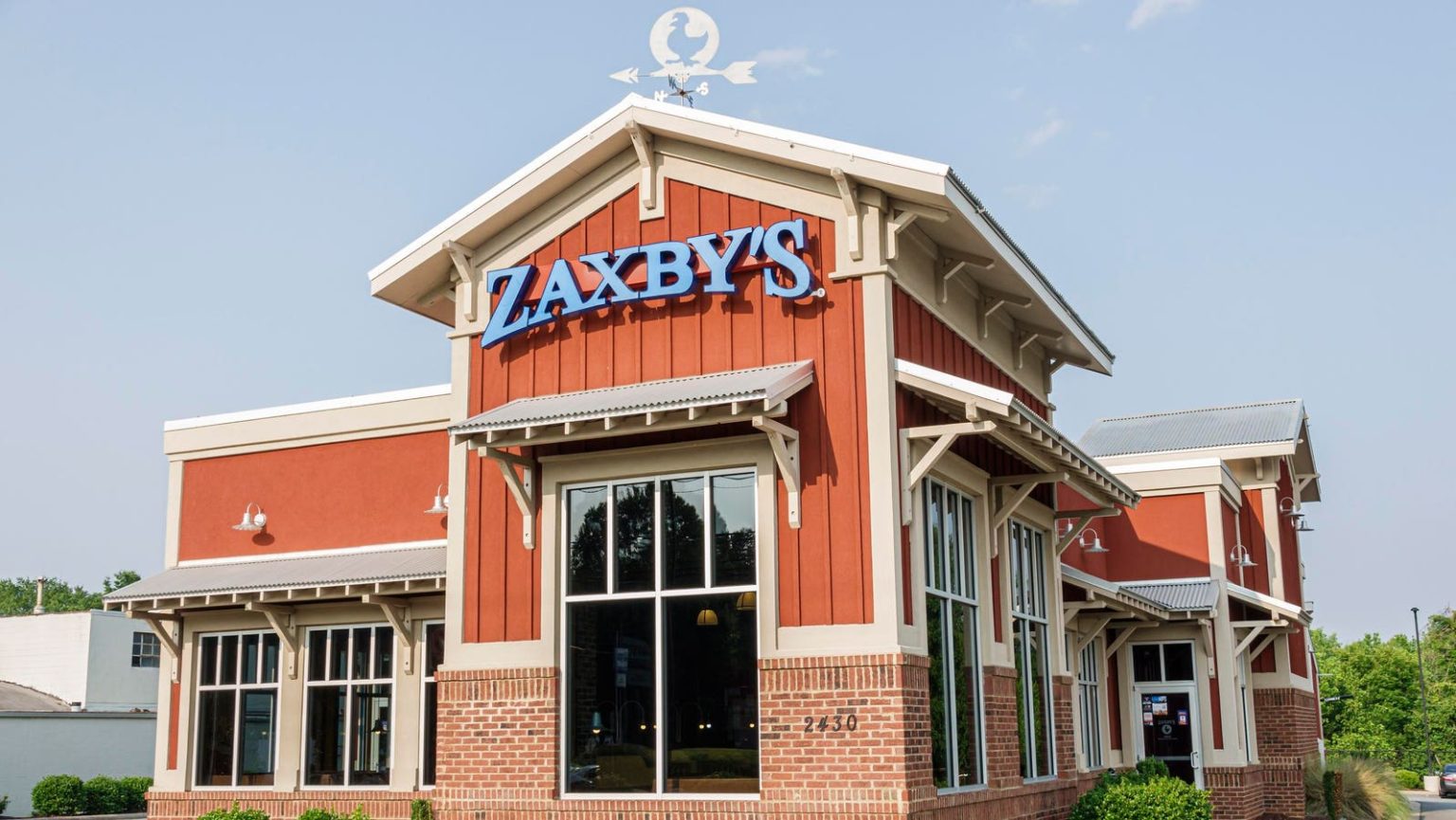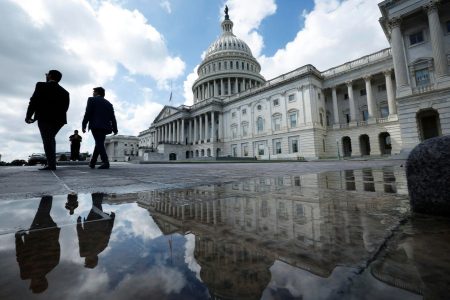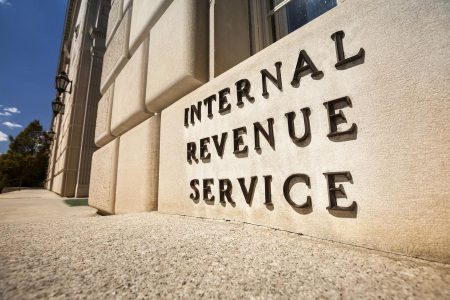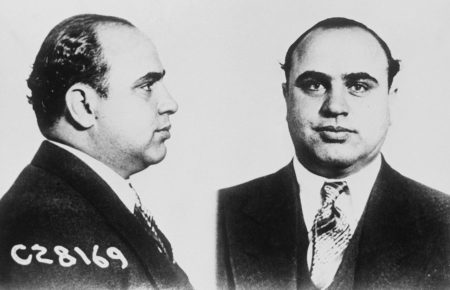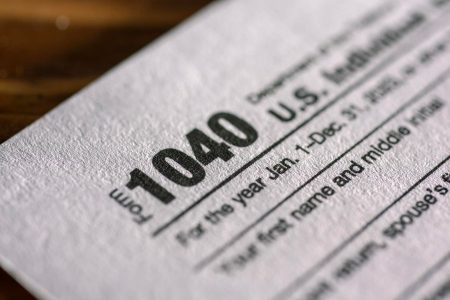Over the past five years conservation easement deductions have been in the spotlight due to Congress restricting syndicated conservation easement deductions. After some recent government losses, the Department of Justice decided to fold in the recent case revolving the Zaxby’s founder.
Understanding Conservation Easement Deductions
Conservation easements serve as a pivotal tool in the protection and preservation of lands deemed valuable for their natural, scenic, or historical qualities. A property owner makes an agreement with a conservation organization or government authority to limit any or all development that can occur on the land. The primary goal is to ensure that some property remains in its natural or intended state for the foreseeable future.
In recognition of the sacrifice that the landowner made, the tax code offers a conservation easement deduction. This incentive allows property owners to claim a deduction on their federal income tax return, which corresponds to the valuation of the easement. The valuation process involves determining the difference between the land’s value with the easement and its value without the easement, essentially estimating the economic impact of the restrictions placed on the property.
The Zaxby’s Case
In Townley et. al. v. the United States, Tony D. Townley and his wife Elizabeth A. Townley sued the United States for a tax refund of $43 million. The Townley’s sought this refund after stating that they made conservation easement charitable contributions valued at $166 million on 794 acres.
The land Mr. and Mrs. Townley owned only had a basis of $1,277,420. They bought this property with the idea that it was forest property. After buying the property they discovered that the property had gravel reserves; therefore the value of the property was much higher than anticipated. This case was set for a jury trial and right before this could occur both parties decided to settle.
Reasons For The Settlement
The IRS needed to settle this case in order to preserve the ongoing fight against conservation easements. Recently, in Park Ranch LLC v. Commissioner, the IRS suffered a devastating loss with the Tax Court declaring a regulation invalid. The IRS could not suffer another loss which related purely to the valuation of the property.
The battle in the current case centered on how much the value of the property was actually worth, and less so on was the conservation easement in itself valid. To make matters worse for the IRS this was going directly to a jury in Rome, Georgia.
Rome, Georgia is a place where the community would most likely rally behind Mr. and Mrs. Townley for three reasons: 1) the Townley’s valuation experts had much better credentials than those of the ones for the IRS; 2) he is a hometown success story; and 3) many members of the Rome community invested in conservation easement deductions before the IRS denied most of these deductions.
As a result, it was foreseeable that the jury would largely accept Mr. Townley’s valuation for his property. A public blow like this would largely discourage conservation easement investors to accept the latest settlement offer released by the IRS.
Ramifications of the Settlement
This case is different than a large amount of conservation easement cases that have been making their way to US Tax Court. This is because it is A) not a syndicated conservation easement transaction and b) it deals with minerals under the surface of the property. With that being said, this shows that when it comes to mineral valuations, the conservation easement investors have a better chance of winning their case. Therefore, even though this case settled, it will largely discourage settlements where the conservation easement revolves around property with mineral rights.
Read the full article here







